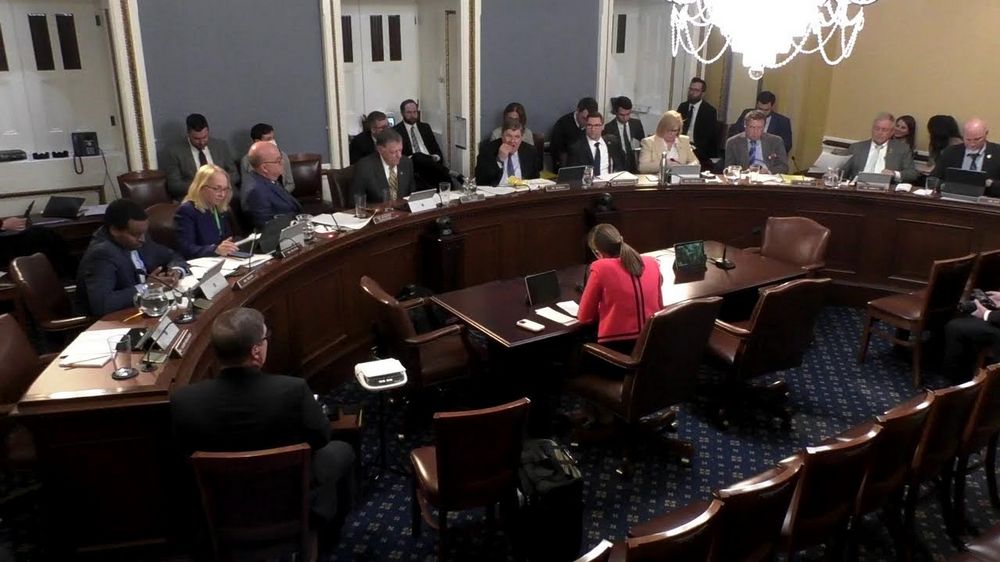The resignation of Teun Struycken, the Dutch State Secretary for Legal Protection, leaves the country’s gambling industry at a crossroads. His departure, triggered by a political dispute over sanctions on Israel, may appear far removed from iGaming policy. Yet the reality is that his exit could derail months of work on reforms that sought to tighten oversight of one of Europe’s youngest regulated markets.

When the Netherlands legalized online gambling in 2021, it was hailed as a long-awaited step to bring offshore play under control. But in the years since, lawmakers and regulators have faced mounting criticism: advertising blitzes, aggressive bonus strategies, and the rapid rise of online slots created public concern that the new system was prioritizing revenue over consumer protection. Struycken had promised corrective measures. His reform package included proposals to raise the legal gambling age for high-risk products, limit advertising exposure, and cap deposit amounts—all designed to align the Dutch market with broader European trends in safer gambling.
Now, with his resignation and the government heading toward snap elections in October, those reforms are in limbo. In legal terms, the absence of a sponsoring minister means the bill cannot be advanced, leaving operators and players in a regulatory holding pattern. From a compliance perspective, that uncertainty is damaging. Licensed operators face reputational risk as critics point to loopholes that remain unaddressed, while unlicensed sites exploit the confusion to target Dutch consumers.

The broader implication is that political instability is undermining regulatory consistency. For an industry as sensitive as gambling, continuity is critical. Operators making multi-year investment decisions—whether in marketing, technology, or responsible gambling tools—need clarity about the legal framework they will face. Without it, compliance strategies become reactive rather than proactive.
This moment also raises a fundamental question: can gambling policy be insulated from broader political upheaval? Struycken’s departure shows how easily sectoral reforms can be sacrificed to wider cabinet disputes. For Dutch players, that means delayed protections; for operators, a longer wait for clear guidance; and for the government, a potential credibility gap in enforcing its own regulatory standards.
If the next administration fails to pick up where Struycken left off, the Netherlands risks cementing a reputation as a fragmented, reactive jurisdiction—precisely what the original 2021 reform sought to avoid.In the end, gambling regulation thrives on stability. And right now, Dutch stability is in short supply. Diamond Mundo Video debo comprar.






































